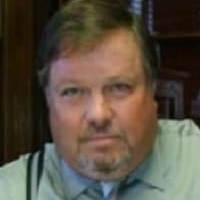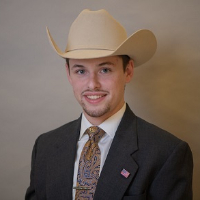 Shelton Criminal Lawyers, Connecticut
Shelton Criminal Lawyers, Connecticut
Sponsored Law Firm
-
 x
x

Click For More Info:
-
Maya Murphy, P.C.
266 Post Road E Westport, CT 06880» view mapDivorce & Family Law Representing Excellence
At Maya Murphy, PC, our attorneys strive to provide large firm service, experience, and ability, with small firm communication, attention, and accountability.
203-221-3100
Sponsored Lawyers
1-10 of 16 matches
Car Accident, Accident & Injury, Wills & Probate, Wrongful Death, Criminal
Attorney Gusmano was chosen for inclusion in 'Connecticut Magazine and New England Super Lawyers Magazine as a Super Lawyer in Personal Injury from 2013-2014, and each year since 2018." Super Lawyers is a rating service of lawyers from more than 70 practice areas who have attained a high-degree of peer recognition and professional achievement. The selection process is multi-phased and includes independent research, peer nominations and peer evaluations. Attorney Gusmano was recognized for his Personal Injury work on behalf of injured parties. Paul C. Gusmano joined the firm in February 1991. Gusmano currently concentrates in the area of civil/personal injury litigation and serves as the firm's managing attorney. Admitted to practice in Connecticut, New York and New Jersey, as well as the U.S. Court of Appeals for Second Circuit and the United States Supreme Court, Gusmano is a member of the Connecticut Bar Association, the New Jersey Bar Association, the New York Bar Association, American Association for Justice, the Connecticut Trial Lawyers Association, the National Association of Criminal Defense Lawyers, and the Connecticut Criminal Defense Lawyers Association. He has served on the Board of Directors of various non-profit organizations, as well as various bar association committees. Gusmano also serves as an attorney trial referee for the Connecticut Superior Court, having been appointed by the Chief Justice of the Connecticut Supreme Court. Gusmano received Bachelor's Degrees in Political Science and English from Rutgers University in 1987. He received his Juris Doctorate degree from the University of Bridgeport / Quinnipiac College School of Law in 1990, while studying law at Queens College / Oxford University. Gusmano is a member of the Million Dollar Advocates Forum, an organization whose membership is limited to attorneys who have obtained settlements or judgments of $1 million or more. (Please note past settlements or judgments are no indication of the value of your case.)
(more)Criminal, Estate
Attorney Cameron L. Atkinson founded Atkinson Law, LLC in August 2022. He has earned the nickname “The Computer” from fellow lawyers for his memory and understanding of the U.S. Constitution, federal law, and the Connecticut law. His computer-like abilities do not just extend to his knowledge of the law. His memory and understanding of the law enables him to conceptualize and bring to life his clients’ stories to judges and juries in both written submissions and oral presentations. Cameron has represented celebrities, U.S. Cabinet officials, and average people and businesses across a wide variety of matters, including criminal defense, high-profile civil rights cases, employment discrimination cases, unfair and deceptive trade practice defense, medical malpractice, and various business law matters. He has also represented businesses navigating a variety of securities matters. Cam maintains an active appeals practice. He has been lead counsel in more than 30 appeals in federal and state appeals courts across the country in both criminal and civil cases. Cameron has served as counsel of record in several matters before the United States Supreme Court. Cameron dedicates a substantial portion of his time to defending religious liberty, free speech, gun rights, and privacy rights in various federal and state courts. In addition to his legal qualifications, Cam holds multiple degrees in business and has consulted start-ups, medium-sized companies, and various personalities on branding, operations, marketing, and various other business matters. He takes a special interest in cryptocurrency.
(more)


 Joseph C. Maya Westport, CT
Joseph C. Maya Westport, CT Practice AreasExpertise
Practice AreasExpertise


